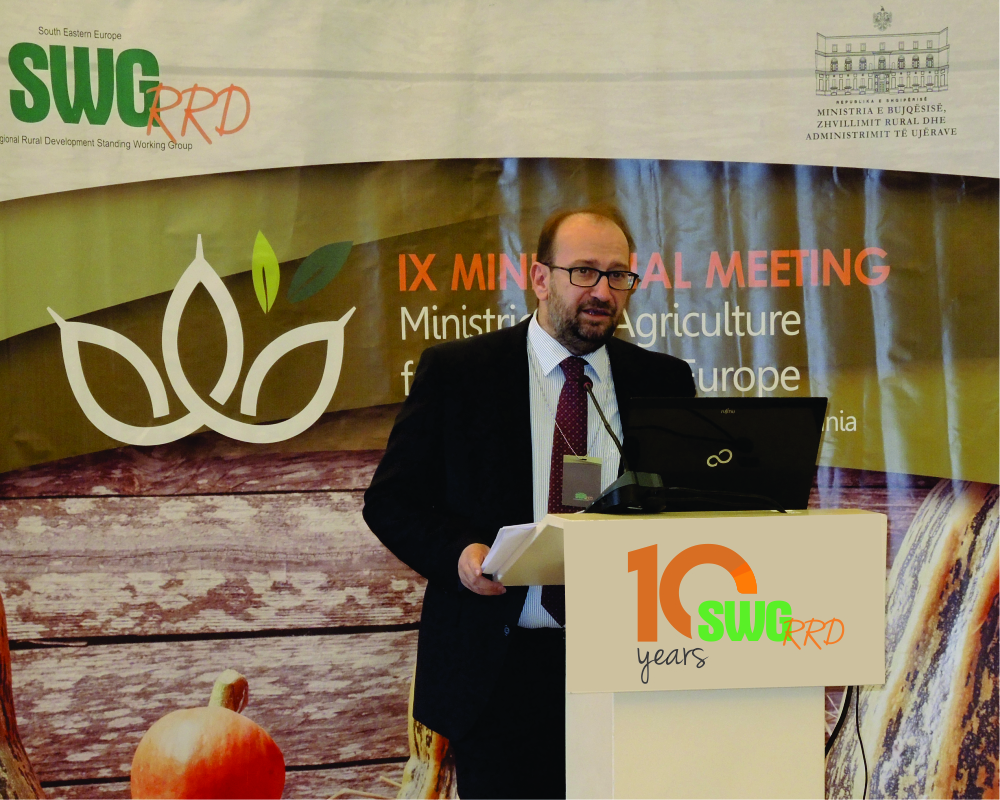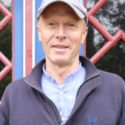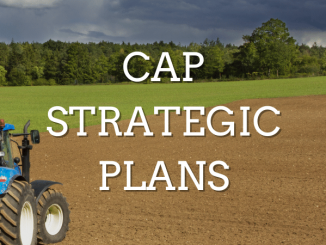Hannes Lorenzen met with Boban Ilic, Secretary General of the Western Balkan Standing Working Group for Regional Rural Development of South Eastern Europe -SWG at the Tenth Annual Working Meeting of the Ministers of Agriculture from South Eastern Europe.

Hannes Lorenzen
Mr. Ilic you can look back to a success story in a region that was torn into pieces. SWG celebrates more than 10 years of its existence. Governments now work together across borders of a former war region. Is the Western Balkan Region a region of stability in shaky times?
Boban Ilic
I believe the Region was more stable 10 years ago. The EU gave us a perspective. We had been divided up into smaller countries and the war had divided us. But we had a dream. Being independent and at the same time belonging to the EU. We wanted to be part of a Europe of peace, democracy and solidarity.
Hannes Lorenzen
Do you still believe that the dream will come true?
Boban Ilic
When I said – EU perspective – I am not sure if this “sintagma” still has its meaning as it was in 2002 proclaimed on EU Thessaloniki Summit. I think we are living a different reality now. There is still a perspective for trade to improve, a common market becoming closer, more economic unification. But people feel the potential threat for the region. There is a growing disappointment of the EU. The project has become foggy. We heard too many empty words of verbal support or nicely formulated responds like “you are not a priority now”. Practically no one talks about the enlargement. The EU looks inside, wants to solve its inner problems first. When the refugees came from Syria, the Balkan route was in the media. When our people looked for jobs in Europe they were refused as refugees from a safe region. We are still treated as second class Europeans.
Hannes Lorenzen
But your dream of gathering governments and civil society to stabilize rural economies and societies is still alive and running…
Boban Ilic
Yes we are running – trying to meet the enormous challenges we face. The best of our young people, well educated, creative, engaged – are leaving our countries. In our rural areas we are faced with demographic exodus. Investments, especially foreign investments, are low and slow – because of instability and a postponed perspective for joining the EU. The EU promises to invest in “connectivity”, meaning better roads and general infrastructure – but while EU talks about it, others build them e.g. Chinese or Azerbaijani even. Much of the general infrastructure, or touristic infrastructure -hotels, airports etc. have been built by Russian, Turkish or Chinese companies. It is this gap between former promises and very slow performance which frustrates people. And this opens the door for old habits. To dream of good old times which were never that good.
Hannes Lorenzen
Please retell the story as if the glass was half full.
Boban Ilic
Yes we have many good things in place. We are a region with great economic potential and diversity; of people, cultures, religions, biodiversity, tasty food, beautiful landscapes. We have people with open hearts offering hospitality, good music, and good products. And we are able to be tolerant.
In agriculture we could create excellent food and process and market it through short value chains. We can combine soft tourism with renewable energies. In principle we have all we need. But our economy and our governance is still not working that way. My country, Macedonia, is in a deep political crisis. And the EU plays softly, and it seems as if Brussels leans back and waits.
Hannes Lorenzen
What should the EU do?
Boban Ilic
The EU should be serious, and follow its proclaimed values and principles. If democratic rules are broken by a government it should be named as breaking the rules. When the free media are threatened it should be said and acted accordingly. When Pro-European forces are in power here, they should get full support and not be treated like beggars by faceless bureaucrats. The EU makes things complicated even when they are simple. We need an honest perspective so that the rule of law, and all the other principles of democracy and solidarity come into force as soon as possible. No time to lose.
Hannes Lorenzen
Is there a threat of losing momentum?
Boban Ilic
Definitely there is. If the EU is not getting its act together soon and continues to fall apart we will have the same disease and consequences here immediately. And there are forces waiting for that. If you leave people in insecurity and fear, they will follow populists and nationalists of all kinds. These are the prophets with a magic pill to fix every problem in the society. And then we are quickly in a new era of autocratic governance or worse. In fact, anti-utopia and the ”Ministry of Love“ described by Orwell are already in front of our doors. You do not need much imagination to realize what is going on. In some of the countries of the region these tendencies are more or less visible, but they are definitely there. It is only a matter of amplitude of retrograde processes which are already in place.
Therefore strong, united and unequivocal political action is needed by the EU so that region in no time becomes part of the EU.
More information:
Tenth Annual Working Meeting of the Ministers of Agriculture from South Eastern Europe
The “SWG” stands for Regional Rural Development Standing Working Group in South Eastern Europe. It is an International Intergovernmental Organization, consisted of governmental institutions responsible for agriculture and rural development in respective countries and territories of Southeastern Europe. Its managing and coordinative body is the SWG Head Office/Secretariat, based in Skopje, Macedonia.





